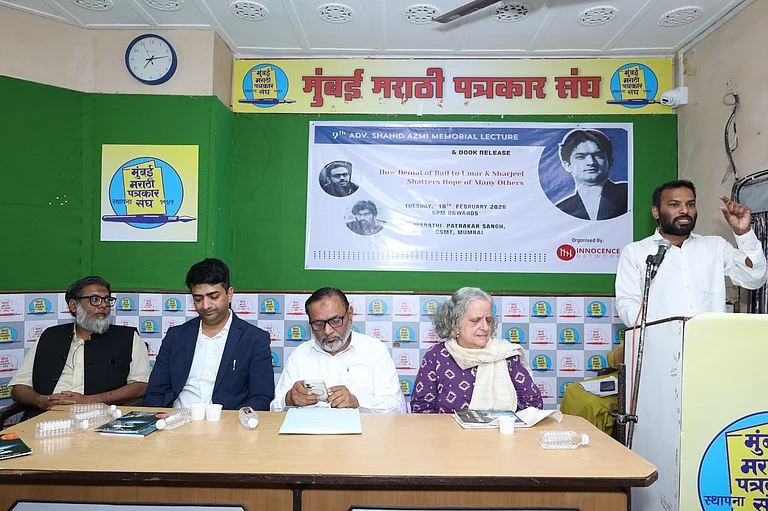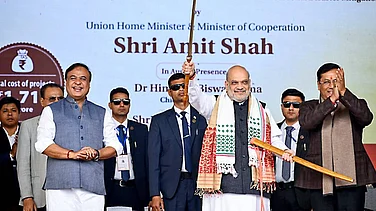The Supreme Court has initiated action in response to a plea by YSR Congress MP Raghu Ramakrishna Raju, seeking the cancellation of bail granted to Andhra Pradesh Chief Minister Y S Jagan Mohan Reddy in a disproportionate assets case. The bench, comprising Justice Abhay S Oka and Justice Pankaj Mithal, has issued a notice to both Reddy and the Central Bureau of Investigation (CBI), as reported by PTI.
Raju's petition, raising concerns about the handling of the case, prompted the court to schedule further proceedings for the first week of January 2024. Earlier, the Supreme Court had also sought responses from Reddy and the CBI regarding a separate plea seeking the transfer of the trial from a court in Hyderabad, Telangana, to a court in another state, preferably the Patiala House Court in the national capital.
In a related development, a different bench of the Supreme Court, comprising Justice Sanjiv Khanna and Justice SVN Bhatti, issued notice to the CBI on another petition filed by Raju. This petition questioned the delay in completing the trial of the disproportionate assets case, highlighting the alleged manipulation of the state machinery by the sitting chief minister.
Raju, in his plea, claimed to be a concerned citizen and a Member of Parliament, expressing dismay at the perceived manipulation of the Central Bureau of Investigation by the state machinery. He accused Chief Minister Reddy of unjustly enriching himself and causing substantial losses to the public exchequer. The plea underscored the need for the criminal trial against Reddy to progress without interference.
The disproportionate assets case, registered in 2012, has seen the CBI filing 11 chargesheets, resulting in 11 separate cases. Raju's plea emphasized the urgency of addressing the alleged abuse of legal processes and ensuring a fair trial in the interest of justice.


























